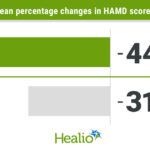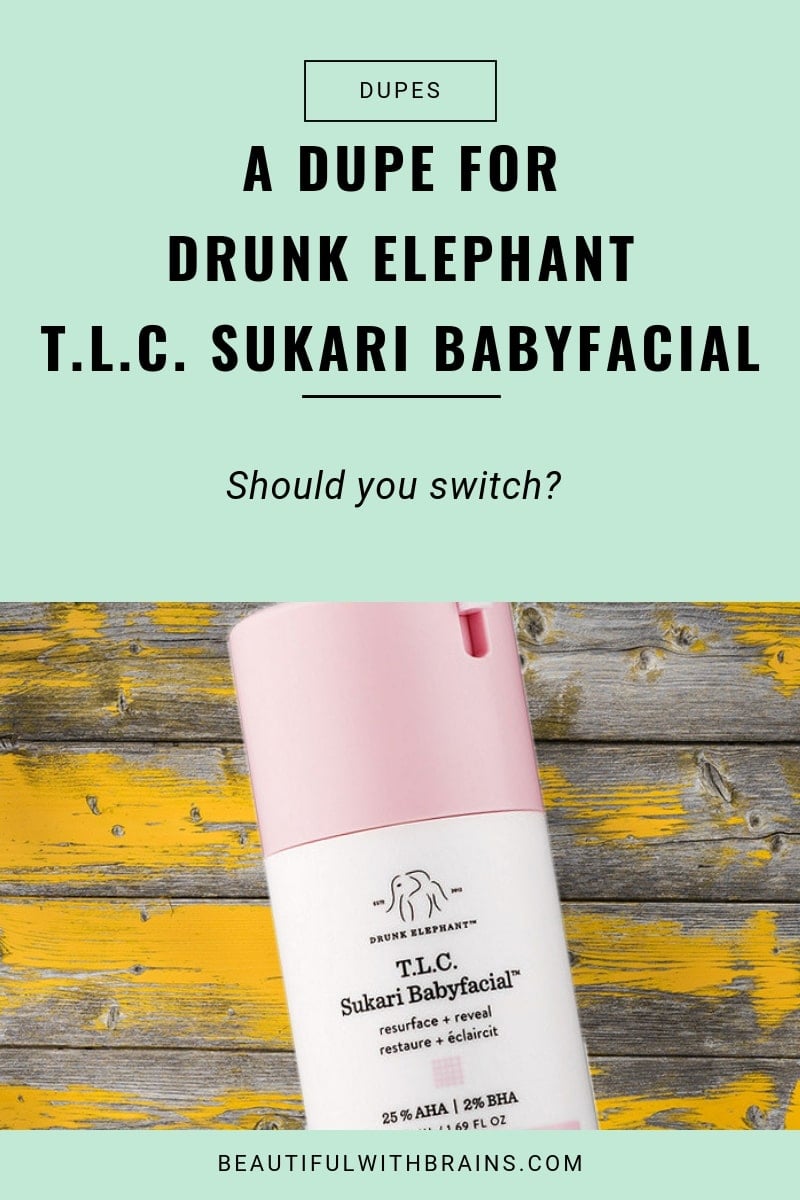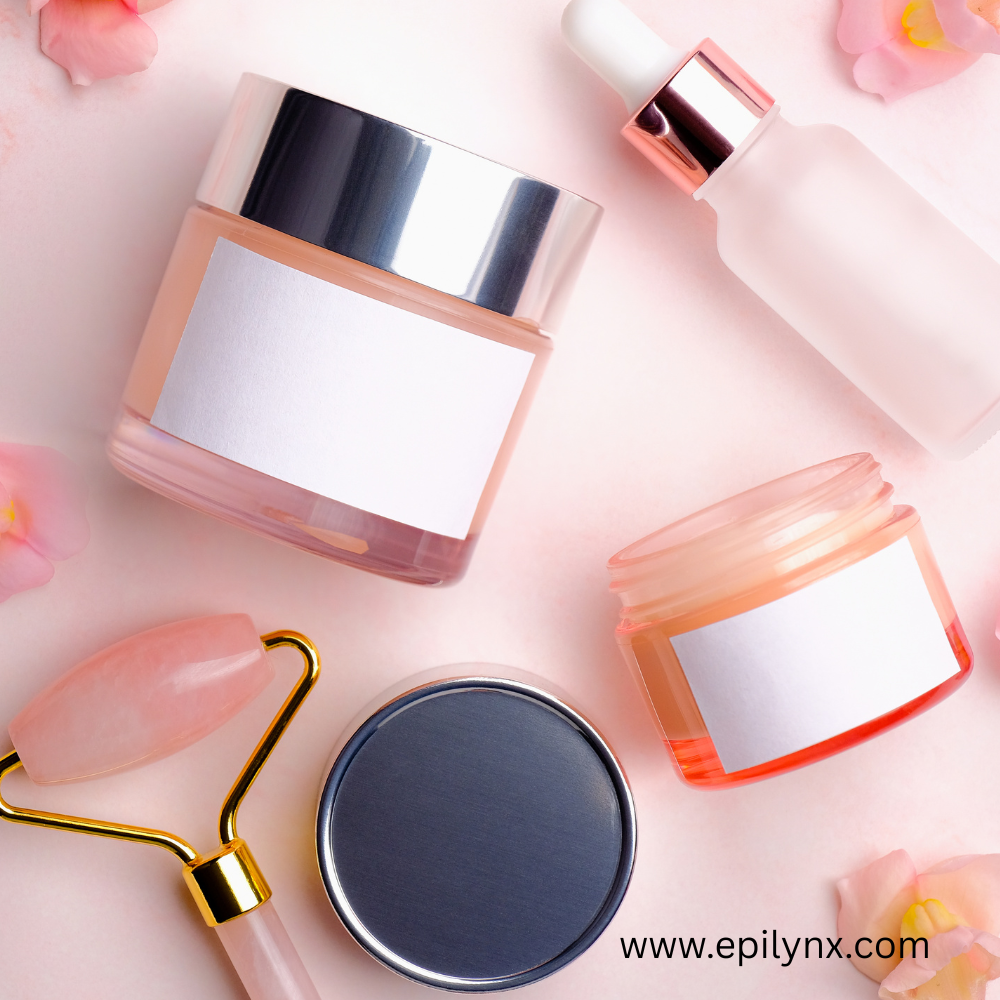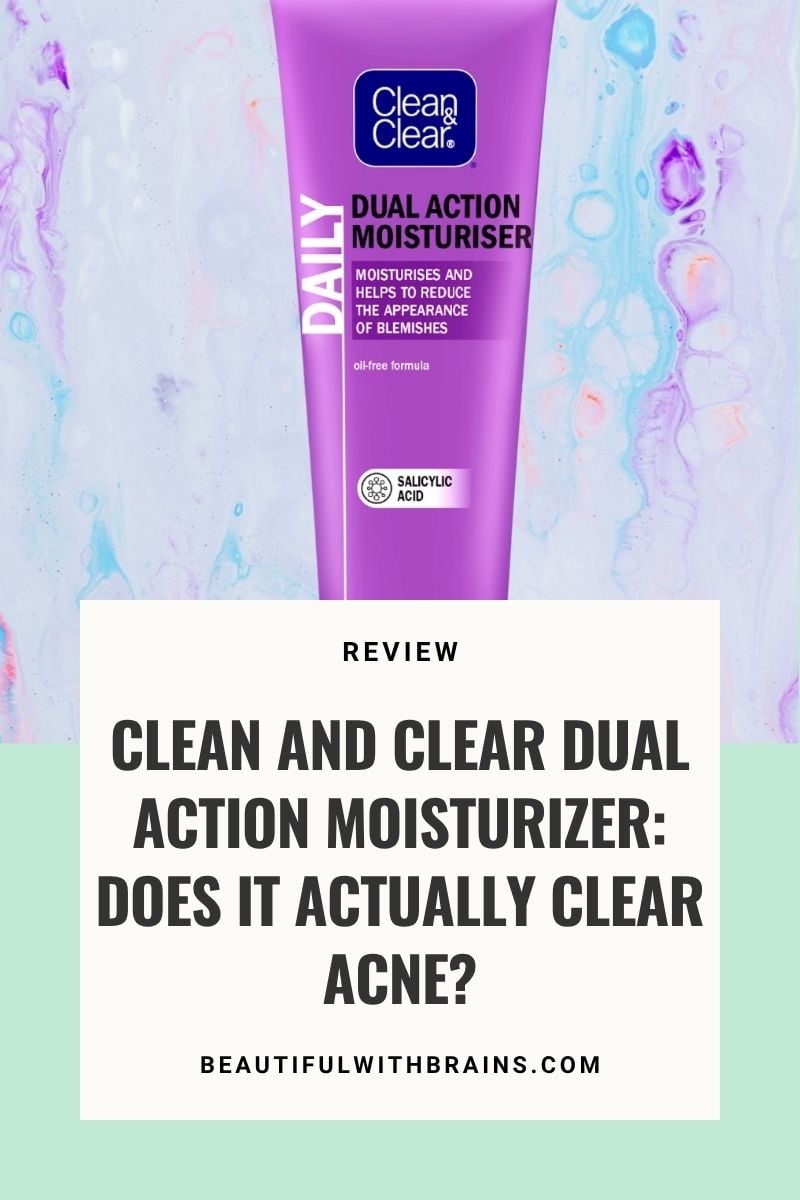So you’ve been struggling with redness, stinging, breakouts, and irritation, and you’re wondering: Do I have sensitive or sensitized skin?
It’s a fair question and often, a confusing one. We hear these terms thrown around in the beauty world, but what do they mean, really?
The two are actually very different things, and knowing which applies to you can change how you care for your skin and how comfortable it looks and feels.
Let’s clear up the confusion and give you some practical ways to get your skin to calm down, no matter which category you fall into.
Sensitive or Sensitized Skin: What is Sensitive Skin?
Sensitive skin is usually something we’re born with. It’s in our genes. Just like some people have curly hair or are prone to allergies, others inherit skin that is more reactive.
In general, sensitive skin tends to have a thinner protective barrier and more nerve endings close to the surface. It’s easily triggered by things like fragrance, rough fabrics, heat, or even spicy foods. It often runs in families and may show up alongside conditions like eczema, rosacea, or hay fever.
If you’ve had skin that flushed easily since childhood or you’ve always had to be picky about skincare products because most make your skin itch or burn, chances are your skin is inherently sensitive.
Sensitive or Sensitized Skin: What is Sensitized Skin?
Sensitized skin, on the other hand, is skin that started out okay but has been weakened over time. It wasn’t necessarily sensitive to begin with, but over time, it became reactive. That reactivity is usually a sign that the skin’s protective barrier—the outer shield that keeps moisture in and irritants out—has been damaged.
The most common culprits behind sensitized skin include:
- Over-exfoliating with scrubs or acids
- Using too many harsh treatments like peels, retinoids, or benzoyl peroxide at once
- Skincare and cosmetic ingredients with known irritants such as fragrances, mineral oil, and other harsh ingredients
- Environmental stressors such as pollution, wind, sun exposure, allergens, or temperature changes
- Lifestyle factors like high stress, lack of sleep, or smoking
- Medical treatments, including chemotherapy or radiation
- Hormonal changes
In this case, your skin isn’t naturally sensitive. Instead, it’s become sensitized by outside influences. The good news is that, unlike true sensitive skin, which is with you for life, sensitized skin can often be repaired.
Sensitive or Sensitized Skin? Key Differences
Let’s dive deeper into how you can tell the difference between these two types of skin issues.
Sensitive Skin
- Usually lifelong
- Linked to genetics or medical conditions
- Often comes with other sensitivities (allergies, asthma, etc.)
- Always reactive, no matter how gentle the routine
- Reactions happen consistently with the same triggers (foods, fabrics, cosmetic ingredients)
- Symptoms often include redness, dryness, and itching
- Reactions tend to be immediate but usually not severe
- Your skin has probably been reactive since childhood
- Weather changes often affect your skin
Sensitized Skin
- Often develops quickly—your skin wasn’t always reactive, but it is now
- Triggered by lifestyle, products, or environment
- Can come and go depending on how you treat it
- Usually improves when the skin barrier is healed
- Reactions can be unpredictable and vary in intensity
- You may experience burning, stinging, or severe redness
- Products that used to work fine now cause irritation
- Your skin feels raw, tight, or uncomfortable
In short, sensitive skin is who you are, while sensitized skin is what has happened to you.
How to Care for Sensitive Skin
If your skin is naturally sensitive, the goal isn’t to “fix” it, as you can’t change your skin type. Instead, think about how you can keep your skin comfortable, healthy, and resilient.
With so many products out there, it’s often hard to figure out which products have safe, soothing, and effective ingredients for sensitive or compromised skin.
All of CV Skinlabs’ products were screened by a toxicologist to ensure there are no irritants or harmful ingredients. Plus, each is clinically proven to soothe skin, reduce redness and irritation, increase moisturization, and improve skin barrier strength and overall skin health.
You can find more information on our other post about sensitive skin, but we’ve got some tips for you here as well.
Simplify your skincare routine.
Stick with gentle, fragrance-free products that don’t overload your skin. CV Skinlabs products are excellent for this, as they were created specifically with damaged and sensitive skin in mind. They use gentle, nourishing ingredients without harsh chemicals or fragrances, and over time, help heal and protect the outer barrier so it reacts less often.
All formulas contain our powerful Tri-Rescue Complex—a potent anti-inflammatory blend with skin-repairing compounds rich in antioxidants to help transform stressed skin to healthier, calmer and more radiant skin.
Only a few products can help transform your skin, especially if your skin is flaring up. Step back to only a gentle cleanser, toner (our Rescue + Relief Spray is perfect!), and moisturizer (Calming Moisture) until your skin calms down again.
Moisturize consistently.
A strong moisture barrier helps make skin less reactive. It also keeps the outer barrier as strong as possible. Look for products with soothing ingredients like aloe, calendula, and shea butter, which hydrate while calming redness. Our Calming Moisture is a great solution as it includes these ingredients, as well as other natural options that help calm inflammation and restore skin health and radiance.
Patch-test everything.
Always test new products on a small area of skin before you use them on a larger area. Sensitive skin reacts quickly, so this step saves you a lot of trouble.
Protect from triggers.
First, keep track of what triggers seem to set off your skin. Then do your best to avoid these triggers. Sun, wind, and extreme temperatures may all cause dryness and redness. Certain fabrics create itch and redness in some with sensitive skin. Choose more natural options like cotton and bamboo. Use only fragrance-free skin care, and watch out for spicy foods. The more you know about what triggers your flare-ups, the more you’ll be able to help your skin stay comfortable.
Soothe flare-ups.
When irritation hits, reach for calming treatments. Our CV Skinlabs’ Rescue + Relief Spray cools and soothes instantly without adding weight or stickiness. It’s non-comedogenic, which means it won’t clog pores. Calming Moisture and Body Repair Lotion both contain ingredients to calm inflammation and encourage healing. For stubborn, red, and inflamed areas, use our Restorative Skin Balm overnight.
How to Care for Sensitized Skin
If your skin wasn’t always reactive but is now throwing tantrums, you’re probably dealing with sensitization. Don’t blame yourself. With so many beauty products out there these days and conflicting advice everywhere, it’s easy to do just a little too much to our skin. Medical treatments and hormones can come into play, too, so it’s best to just focus on what you can do now.
The goal is to heal the outer barrier and give your skin a reset. Here are five ways you can do that.
Stop the overload.
Put down the harsh scrubs, acids, and retinoids for now. Go back to a simple routine that consists of a gentle cleanser, a non-alcoholic toner (Rescue + Relief Spray), and moisturizer. Stick with that for a few weeks until your skin starts to calm down.
Rebuild the barrier.
Use barrier-repairing moisturizers packed with ceramides, fatty acids, and antioxidants. CV Skinlabs’ Calming Moisture and Body Repair Lotion are designed exactly for this kind of healing.
Focus on anti-inflammatory care.
Sensitized skin has inflammation at its core. The skin is red, swollen, irritated, and sometimes itchy. Taming that inflammation is the most important step you can take to improve your skin.
Use ingredients like oats, chamomile, and turmeric, among others, that naturally help tame inflammation. All of these and more are in our CV Skinlabs products.
When skin is red, burning, itchy, a spritz of our Rescue & Relief Spray can provide just that—instant relief. Our Restorative Skin Balm will create a soothing barrier to help skin heal quickly while quieting redness and irritation when the skin is really angry.
Product from the environment.
Pollution, smoke, UV rays, and other elements in the environment can make sensitized skin worse. Be sure to use a daily sunscreen with an SPF of at least 30 and apply antioxidants to help defend your skin while it heals.
Be patient and gentle.
It would be great if we could heal sensitized skin overnight, but unfortunately, it usually takes time—often 4-6 weeks or more. Try to be patient. Avoid the temptation to try new products or treatments during this healing period.
Sensitive or Sensitized Skin? Time to Get More Comfortable
Whether you’re dealing with sensitive or sensitized skin, you can manage it so you feel more comfortable and more confident in your appearance. Think of both of these conditions as signs from your skin saying, “Take care of me.”
Try not to get discouraged if it takes time to see improvements. Just stay the course and allow your skin to heal. Before long, you’ll notice that your skin feels calmer and more comfortable.
Which of these two conditions affects your skin?
Featured image by Polina Zimmerman via Pexels.













